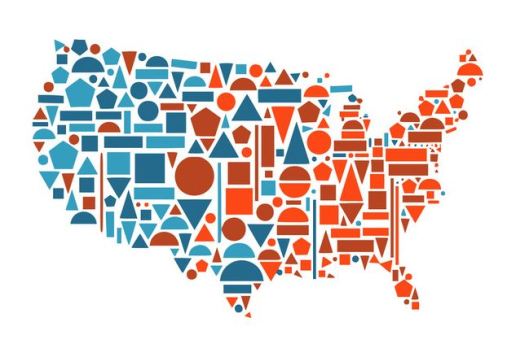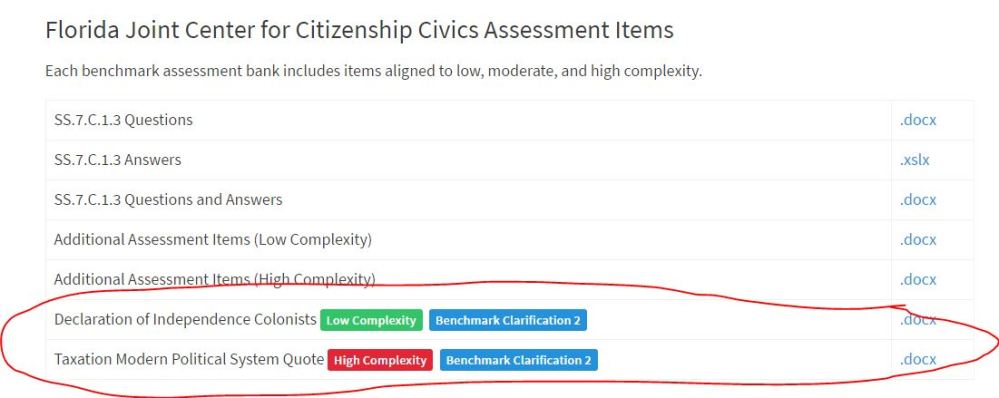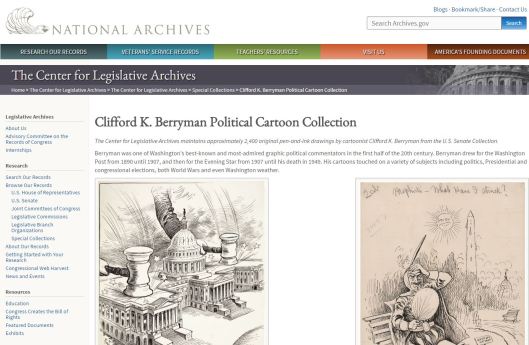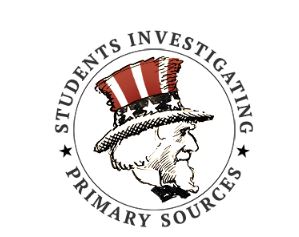One of the most difficult tasks for a social studies teacher to do is to effectively integrate our content into alignment with the expectations of state reading standards. Here in Florida, we use the ‘Language Arts Florida Standards‘ (or LAFS), which are a modified version of ELA Common Core. Over at Citrus Ridge, Polk County’s new K-8 Civics Academy, Ms. Heather Paden, who works as a special education and reading teacher for grades 6,7, and 8, has worked to provide her fellows, and their students, with support in reaching the civic mission of the school while still meeting the expectations of the LAFS benchmarks.
Using the short readings that are available through ‘Achieve 3000‘, Ms. Paden has developed guiding PowerPoints that help the students think through the reading using a civics lens. These activities prompt students to develop their civic knowledge, skills, and dispositions while also working to ensure growth in their reading, writing, and speaking proficiency.
For example, one of the weekly reading tasks involves using a reading from ‘Achieve 3000’ that concerns the plight of refugees who are fleeing oppression in Myanmar. In this reading, with features Angelina Jolie discussing her visit to a long-term refugee camp in Thailand, students are exposed (at least on a surface level) to what it might be like to be forced to live without a true home to call your own. Throughout the reading, vocabulary terms are hyperlinked to better ease students to an understanding.
In the accompanying PowerPoint, NO PLACE TO CALL HOME 9-6, Ms. Paden provides students with an overview question that will drive their thinking with this reading throughout the week. In this case, that question is ‘How can we help others whom are homeless?’. She then introduces students to terms and concepts, particularly ones that can be related to the discipline of civics, through a variety of reading and writing strategies.

For me, the acronym activity is particularly powerful and capable of provoking deeper thought. As the example here suggests, students can connect their background knowledge and their reading to civic dispositions through this model.
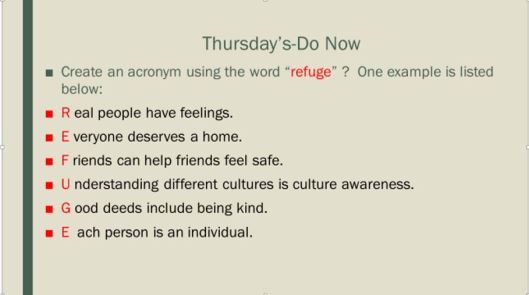
After working on reading strategies with the students, such as locating key details, she asks students to make a prediction (an important skill that is relevant both for ELA and for Social Studies!) that is rich in civic meaning:

This question is capable of prompting a great deal of discussion, and serves to really get students to think about consequences and how actions of governments may impact the individual.
Using both graphics and text, Ms. Paden then works on building student background knowledge and their personal vocabularies to facilitate reading.
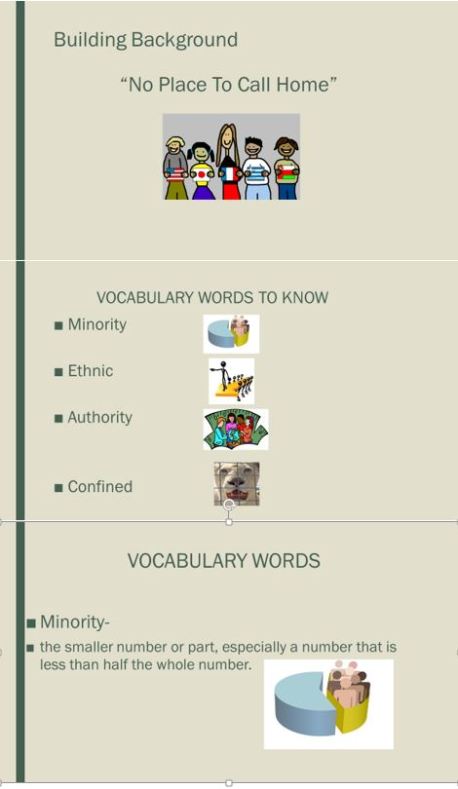
Finally, she finishes up on at least three days with a ‘Civics Connection’, ensuring that she connects to the underlying purpose of this wonderful civics academy at Citrus Ridge: integrating civic knowledge, skills, and dispositions wherever and whenever possible.

These questions dive deep into the well of civic dispositions, having students consider ways in which they can facilitate change while connecting their classwork to their own lived experience!
Kudos to Ms. Paden for the work she has done and for her efforts on behalf of the students and teachers of Citrus Ridge. It is only with the hard work of teachers like her that the mission of Citrus Ridge, the creation of a strong generation of Florida citizens, will be realized.
If you or your school are doing excellent work in civic education, please shoot me an email or leave a comment. We would love to hear from you!


